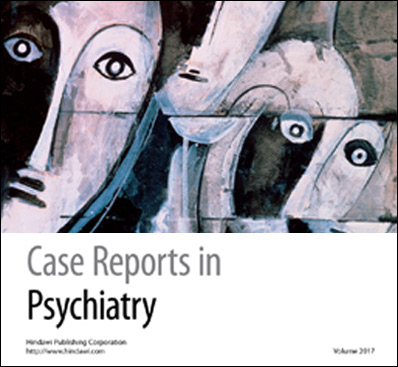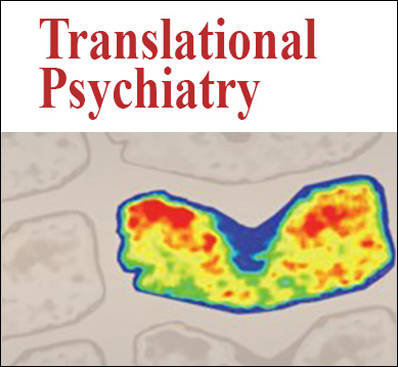Cunningham Panel: Digital Information Packet
Antineuronal antibodies correlate with pre- and post-treatment neuropsychiatric symptoms
Autoimmune encephalopathy is a condition in which antibodies produced by the immune system mistakenly attack healthy cells in the brain, leading to inflammation and the onset of neurologic and/or psychiatric symptoms. These antibodies can attack different targets in the brain, resulting in various types of neuropsychiatric and behavioral symptoms.
An autoimmune neurologic attack can be directed towards dopamine receptors, lysoganglioside and tubulin, or it can stimulate an enzyme (CaMKII) that regulates production of certain neurotransmitters. The Cunningham Panel™ measures the levels of antineuronal antibodies directed against these targets, along with a cell-stimulation assay for the CaMKII enzyme. Elevated levels, or elevated activity indicates there may be a treatable autoimmune component to a patient’s neuropsychiatric symptoms, and this differentiation between primary mental illness and an autoimmune condition can assist with the selection of an effective treatment modality.
Understanding the Cunningham Panel™
Dr. Craig Shimasaki, President and CEO of Moleculera Labs, briefly summarizes the panel’s five assays and their significance in helping to diagnose an autoimmune encephalopathy, such as PANS/PANDAS.
Cunningham Panel™ of tests
This animated video describes the various antineuronal targets impacted by PANS/PANDAS and the five tests which comprise the Cunningham Panel.
More Studies

Cunningham Panel™ helps identify an autoimmune disorder in child initially diagnosed with schizophrenia
This article published in the June 2018 issue of Case Reports in Psychiatry involves a complex case of a 15-year-old girl who abruptly developed multiple neurologic and psychiatric symptoms leading to an initial diagnosis of schizophrenia. The authors points out that although the patient’s anti-NMDAR antibody test was negative and MRI’s were normal, the Cunningham Panel™ was positive with all 4 of the ELISA assays elevated and the CaM Kinase II borderline. These results supported the diagnosis of an autoimmune-based neuropsychiatric disorder. 1

Autoimmune targets in Cunningham Panel™ predict IVIG treatment response in subset of autism patients
This study examines antineuronal antibodies in IVIG responders and supports the classification of a neuroimmune subgroup in patients with ASD. The majority of the ASD patients in this cohort demonstrated elevations in brain-specific autoantibodies measured by the Cunningham Panel™, along with an elevation in the activation of CAMKII. 2

Clinical Management of Pediatric Acute-Onset Neuropsychiatric Syndrome (PANS)
Overview of Treatment Guidelines
Part I: Psychiatric and Behavioral Interventions
Part II: Use of Immunomodulatory Therapies
Part III: Treatment and Prevention of Infections

Clinical Evaluation of Youth with Pediatric Acute-Onset Neuropsychiatric Syndrome (PANS): Recommendations from the 2013 PANS Consensus Conference
Antineuronal Antibodies in a Heterogeneous Group of Youth and Young Adults with Tics and Obsessive-Compulsive Disorder
Clinicians: Schedule a Personal Phone Consultation with Clinical Staff
Learn more about how the Cunningham Panel™ of tests can assist you in diagnosing treatable autoimmune encephalopathies characterized by abnormal neuropsychiatric behaviors. Schedule your personal phone consultation with a Moleculera Labs clinical staff member by completing the form below.
- Drew H. Barzman, Hannah Jackson, Umesh Singh, Marcus Griffey, Michael Sorter, and Jonathan A. Bernstein, “An Atypical Presentation of Pediatric Acute Neuropsychiatric Syndrome Responding to Plasmapheresis Treatment,” Case Reports in Psychiatry, June 28, 2018, Vol. 2018, doi.org/10.1155/2018/8189067
- Connery et al. Translational Psychiatry (2018)8:148. doi.org/10.1038/s41398-018-0214-7


